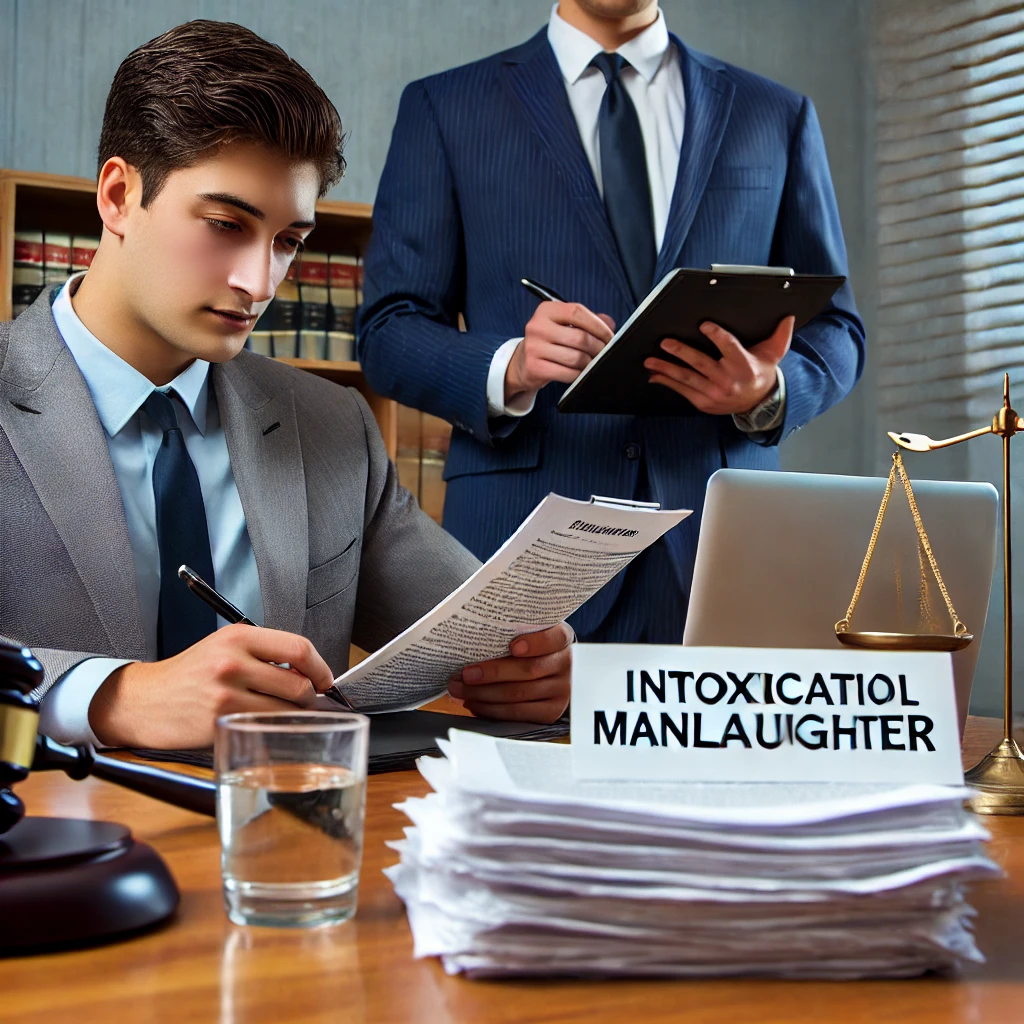Dallas Intoxication Manslaughter Lawyer | Criminal Defense Attorney
Bilingual Legal Expertise. Se Habla Español.
Dallas Intoxication Manslaughter Lawyer. Defense for Intoxication Manslaughter Cases.
Facing an Intoxication Manslaughter charge in Dallas? Victoria Barr Law provides aggressive legal defense to protect your rights and fight for the best possible outcome. Defend your rights with skilled legal help for intoxication manslaughter cases. Trusted Dallas attorneys delivering results-driven representation.
Call Us: 214-799-3961
Defense Attorney for Intoxication Manslaughter Charges in DFW
Intoxication manslaughter is a life-altering charge with severe consequences. Our team will provide the strong legal defense you need to fight the charges and protect your future.
Call Us Now: 214-799-3961What Is Intoxication Manslaughter in Texas?
Intoxication Manslaughter occurs when a person causes the death of another individual while operating a motor vehicle, watercraft, or aircraft under the influence of drugs or alcohol. It is one of the most severe DUI-related offenses in Texas, classified as a second-degree felony with serious legal consequences.
Penalties for Intoxication Manslaughter in Texas
- Second-Degree Felony: 2 to 20 years in prison and fines of up to $10,000.
- License Suspension: A suspension of driving privileges for up to two years.
- Enhanced Sentences: Cases involving first responders, law enforcement, or repeat offenses may lead to harsher penalties.
Common Defenses for Intoxication Manslaughter
- Insufficient Evidence: Challenging weak or inconclusive prosecution evidence.
- No Causation: Proving that intoxication did not directly cause the fatal incident.
- Improper Testing Procedures: Contesting the accuracy of sobriety and chemical tests.
- Violation of Rights: Arguing constitutional violations during arrest or investigation.
Our Legal Defense Strategy
The attorneys at Victoria Barr Law fight intoxication manslaughter charges by:
- Conducting a thorough investigation of the accident scene and evidence
- Examining police reports, video footage, and witness testimony
- Challenging the prosecution’s claim of intoxication-related causation
- Negotiating reduced charges or alternative sentencing when possible
How to Defend Against Intoxication Manslaughter Charges
- Schedule a Consultation: Meet with our legal team to review your charges and possible defenses.
- Gather Evidence: We will examine arrest records, accident reports, and expert evaluations.
- Develop a Defense Plan: We’ll create a tailored defense strategy focused on reducing or dismissing charges.
- Representation in Court: Our attorneys will advocate for reduced sentences or complete case dismissals.
Client Success Stories
“Victoria Barr Law handled my intoxication manslaughter case with professionalism and dedication. Their legal strategy made a huge difference.” – Luis M.
“They fought hard for my defense, and their efforts helped reduce my charges. I highly recommend their legal team!” – Maria P.
Schedule a Legal Consultation Today
Take the first step toward defending your intoxication manslaughter charge. Schedule your consultation online today.


